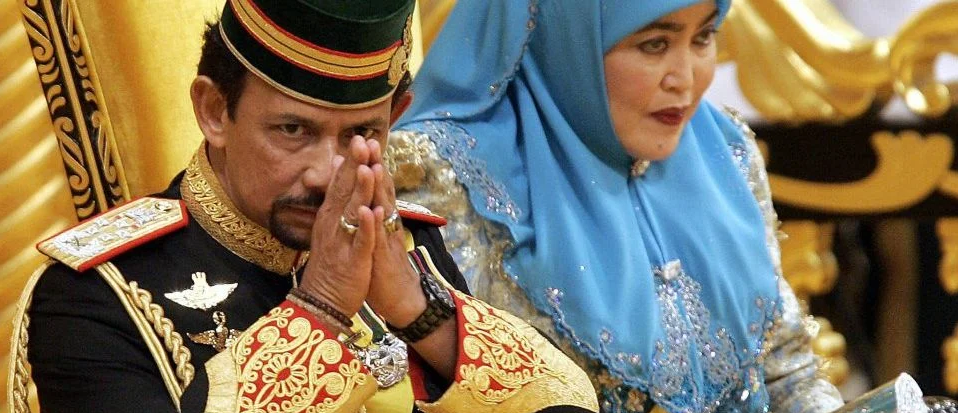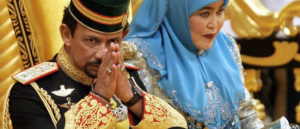


“The job of the state is not to protect religion but to protect people and their freedom to believe what they want to believe, and indeed to love who they want to love, whatever their faith, or lack thereof.” This is what Humanists International told the visiting delegation from Brunei at the UN.
During the 42nd session of the UN Human Rights Council, Humanists International condemned Brunei Darussalam for its shameful human rights record when it comes to freedom of religion or belief and sexual orientation and gender identity in particular.
In 2014, Brunei introduced a Sharia penal code criminalising a whole host of activities, including adultery, homosexuality, apostasy or blasphemy. Whilst it has promised to extend its moratorium on the death penalty, the provisions in the penal code currently allow for corporal punishment.

“I want to see Islamic teachings in this country grow stronger” – the Sultan of Brunei, Hassanal Bolkiah
During its recent Human Rights review by the UN Human Rights Council, Brunei defended its blasphemy laws on the grounds that they are necessary to “ensure the protection of religion from defamation or denigration.”
In the Humanists International statement, made by Director of Advocacy, Elizabeth O’Casey, she pointed out that “Religions don’t have rights, people do. And this includes religious and non-religious minorities, LGBTI+ people, women, and children.”
Brunei was being reviewed at the UN Human Rights Council as part of the Universal Periodic Review (UPR) process. The UPR is a state-driven process based on the principle of peer review. Every member state of the UN is reviewed on their human rights situations by the other members and those member states can recommend changes that are needed to uphold human rights in each country. Non-government organizations such as Humanists International also have an opportunity to comment on the review process. Each country is assessed this way every five years.
The statement by Humanists International follows in full below:
42nd Session of the UN Human Rights Council (9th – 27th September 2019)
Universal Periodic Review: Brunei Darussalam
Elizabeth O’CaseyWe were pleased to read Brunei Darussalam “highly regards the importance of freedom of religion of its population,” (A/HRC/42/11/Add.1, Comment on 121.117) yet were also left confused. Not only has it introduced a Sharia penal code which contains a range of provisions that restrict the right to freedom of religion or belief (including harsh penalties for not performing Friday prayers or observing Ramadan), under its Islamic Religious Council Act, anyone who teaches or promotes “deviant” beliefs or practices in public may be punished with three months incarceration and a fine.
Whilst we welcome the State’s decision to extend the moratorium on the death penalty to crimes in the new Penal Code including adultery, homosexuality, apostasy or blasphemy, this is insufficient. In line with its international human rights commitments, these acts need to be decriminalised altogether.
In the meantime, we take it that the provisions for corporal punishment in its new Penal Code will be suspended once it has ratified the Convention against Torture, as planned (since such punishment amounts to cruel and degrading treatment)?
In its explanation for rejecting UPR recommendations on decriminalising same-sex relations, Brunei Darussalam reasons that, “the law is there to respect and protect the religion and social fabric and values of Brunei society”(A/HRC/42/11/Add.1, Comment on 121.90). Whilst it is unclear why this argument would mean prohibiting same-sex relations in the first place, it should also be noted that it is not the job of law to protect the religion of society. Rather it should protect individual people in that society and their freedom to believe what they want to believe, and indeed to love who they want to love, whatever their faith, or lack thereof.
The same applies when Brunei Darussalam defends its blasphemy laws on the grounds that they are necessary to “ensure the protection of religion from defamation or denigration.” (A/HRC/42/11/Add.1, Comment on 121.52). Religions don’t have rights, people do. And this includes religious and non-religious minorities, LGBTI+ people, women, and children.